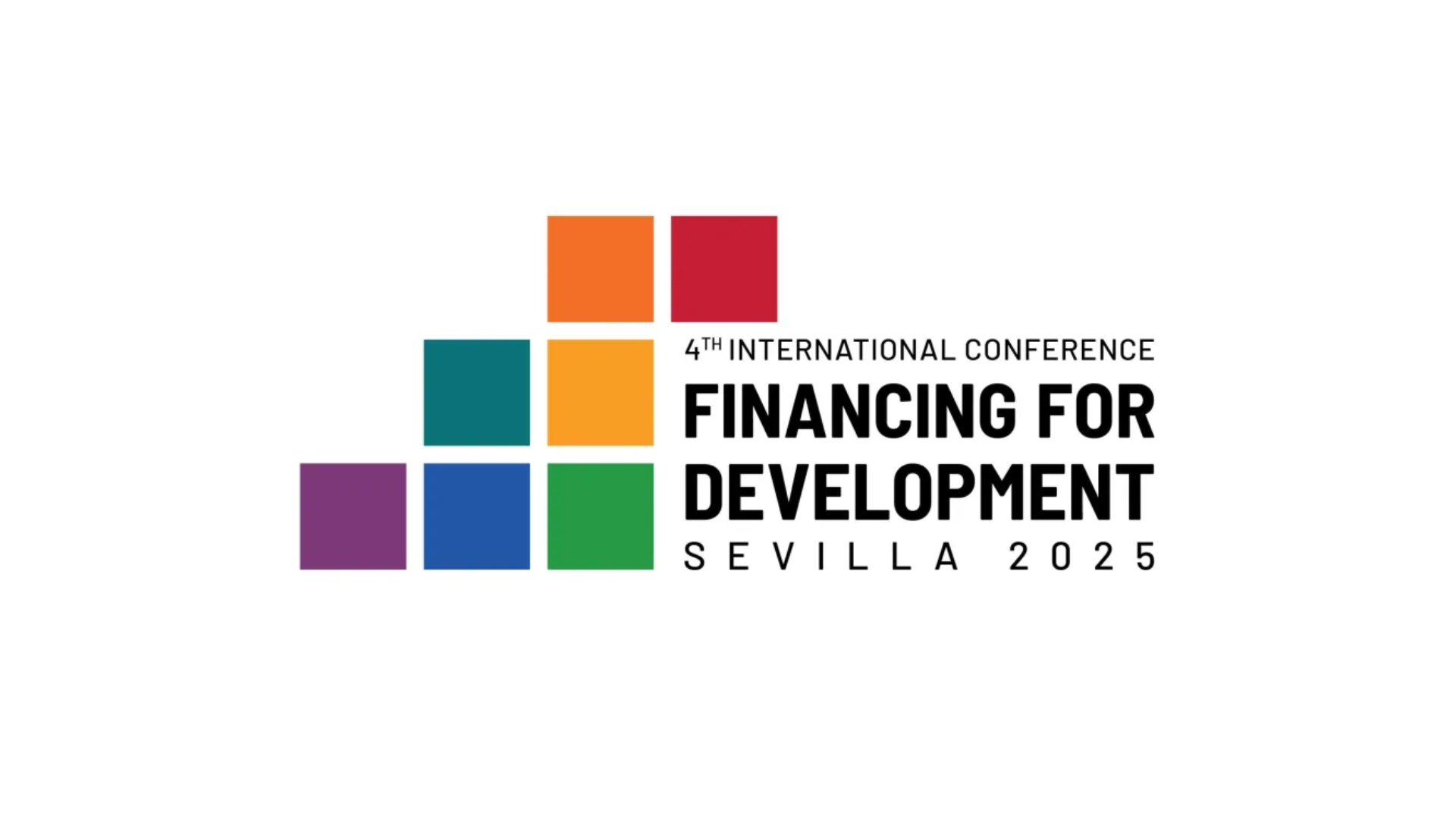Statement to FfD4 on Financing Education for Development: Building the Future: a Renewed Global Compact for Sustainable Financing of Education
Sevilla, Spain, July 1, 2025 – On the occasion of the 4th International Conference on Financing for Development (FfD4), we — representatives of governments, public development banks, philanthropic organizations, international institutions, civil society, and the business sector — reaffirm our collective commitment to education as a foundation of sustainable development.
Beyond its social value, education is a critical engine for economic development. Investing strategically in education increases productivity, expands access to formal jobs, and broadens the tax base. This creates a virtuous cycle where today’s spending fuels tomorrow’s fiscal space. Robust education systems are key to building resilient, sustainable public finances.
Alongside health, social protection, and decent work, education supports well-being, economic stability, and inclusive growth. When placed at the heart of development agendas and integrated into cross-sectoral, sustainable financing strategies, education becomes a powerful driver of growth, innovation and social cohesion. It empowers individuals to adapt and thrive, and enables societies to respond to global transitions — from demographic shifts and climate change to technological disruption, conflict prevention, and evolving labor markets.
Realizing this potential requires coordinated investment aligned with national priorities, policies, and delivery systems. Yet education investment remains uneven and fragmented. Education systems are under pressure — facing rising demand, limited public resources, and declining international prioritization.
We reaffirm our commitment to support adequate financing to ensure inclusive, equitable, and quality education for all. In alignment with the Pact of the Future, SDG Declaration, Compromiso de Sevilla – the outcome document of FfD4 –, we support a renewed global compact for sustainable financing of education.
Through our broad and expanding coalition, we commit to advancing country-led financing strategies. Together, we agree to focus on three shared priorities:
- Align education financing with domestic leadership and system strengthening
- Make education a pillar of national development by embedding its financing into legislation, macroeconomic planning, fiscal frameworks, and long-term investment strategies.
- Improve the impact of domestic education spending by linking budgets to learning results and strengthening financial management to reduce inefficiency and make better use of resources.
- Align and harmonize external financing with country priorities and public systems by strengthening domestic implementation — through on-budget support, pooled funds, performance-based approaches, and targeted investments in capacity.
- Channel official development assistance for education in a predictable and coordinated way — aligned with national systems to support transformative change — while fostering inclusive partnerships and multilateral cooperation that link domestic priorities with global support.
- Expand and diversify education financing for long-term sustainability
- Mobilize a diversified mix of financing instruments — including blended finance, outcome-based financing, and impact investments — to strengthen and diversify education funding alongside public budgets, grants, and concessional finance.
- Foster partnerships and innovative collaborations across development banks, philanthropic entities, and the private sector – led by governments – to invest in the long-term performance of national education systems.
- Leverage grants, concessional finance, and guarantees to de-risk investments, improve access to capital for high-risk entities, and promote the issuance of social bonds, with the aim of mobilizing additional resources and advancing equity-driven priorities, particularly for underserved populations and girls.
- Apply core principles of transparency, additionality, and equity in deploying innovative financing, ensuring they support – rather than bypass – public systems.
- Strengthen capacity and accountability for impact
- Invest in the long-term capacity of public systems by supporting the recruitment, training, and retention of public servants and enabling context-specific reforms.
- Strengthen knowledge ecosystems — including data, policy research, and evaluation — to support continuous learning and decision-making.
- Encourage citizen participation and accountability in education funding to ensure resources reflect real priorities and strengthen trust in public services.
- Establish transparent monitoring frameworks with shared indicators to track progress, ensure accountability, improve efficiency, and build trust.

